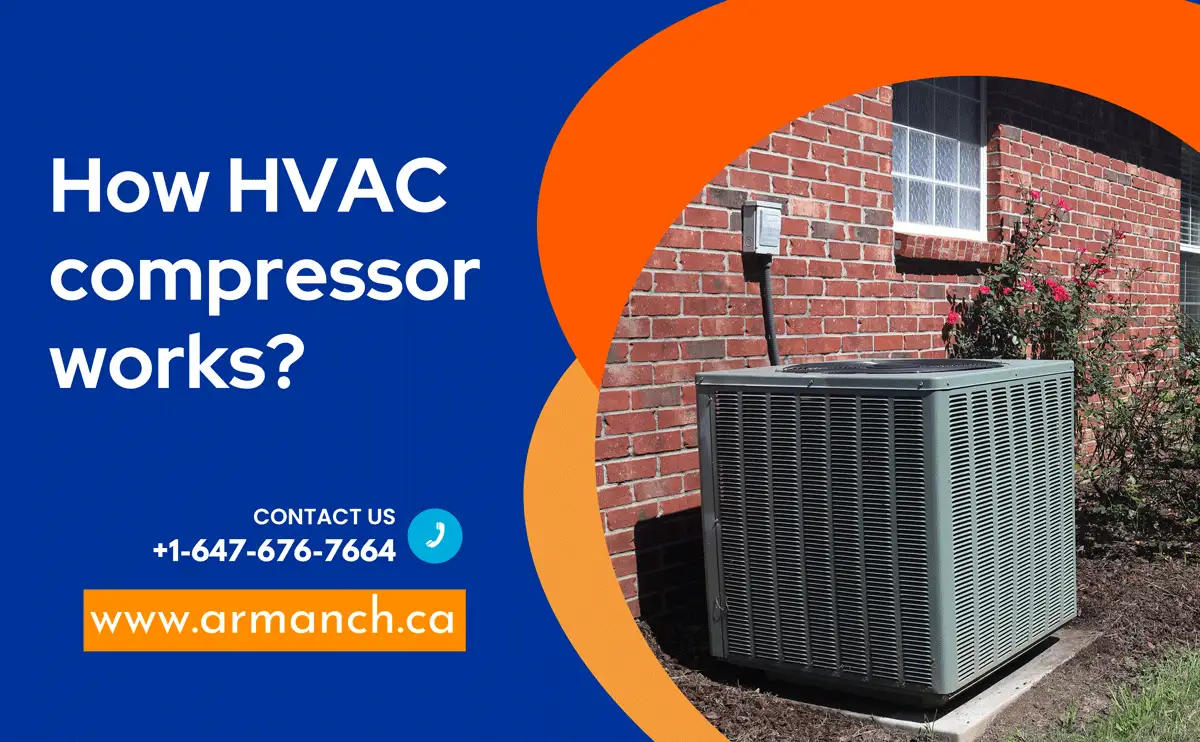Do Home HVAC Systems Use Outside Air?
HVAC systems work by absorbing and cooling warm air, evaporating it, and distributing it through fans. They also produce warm air through combustion gases. Some HVAC systems intentionally use outside air for heating and cooling, such as Dedicated Outdoor Air Systems (DOAS). Understanding these dynamics helps optimize indoor air quality and system efficiency.




